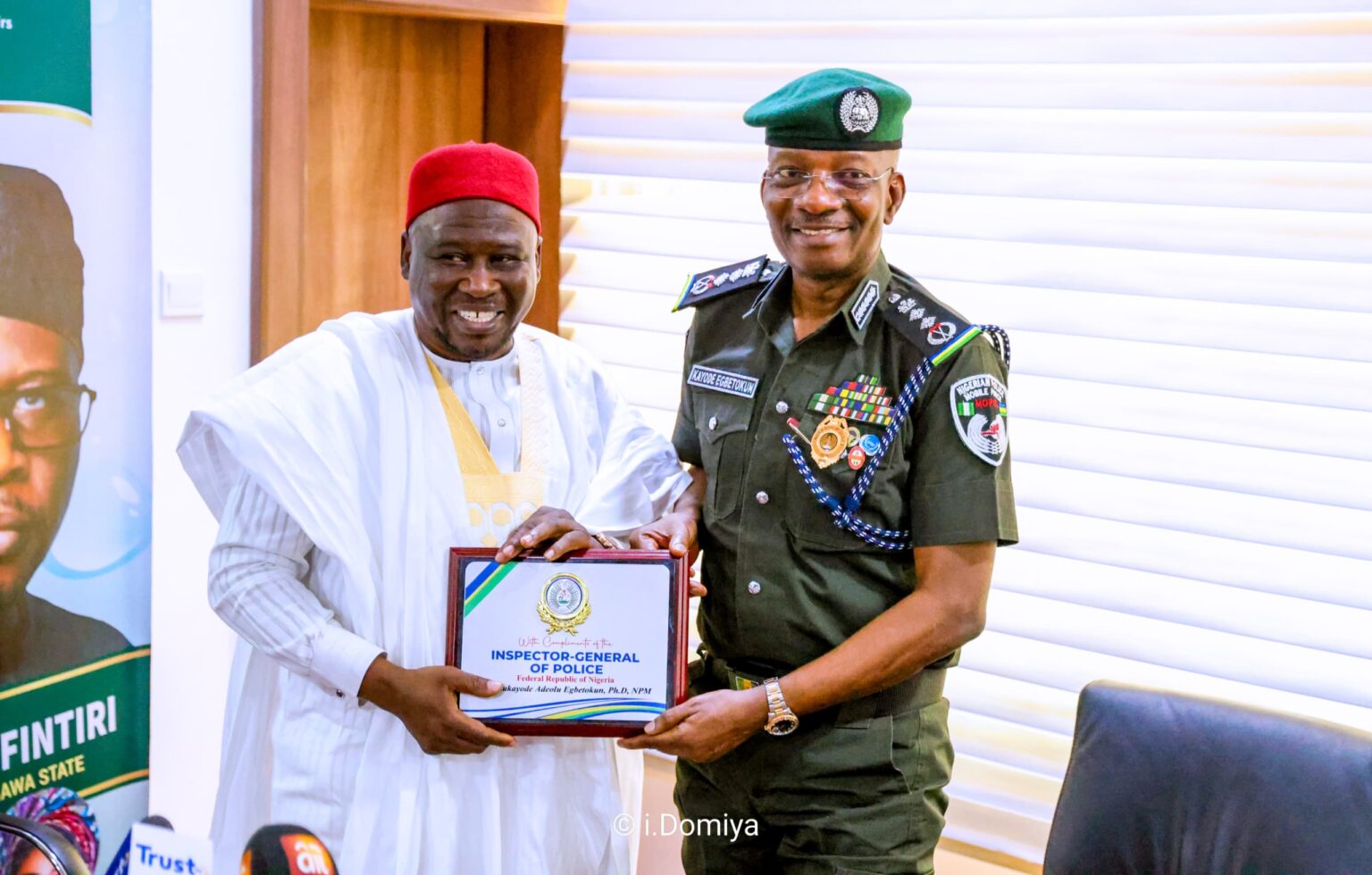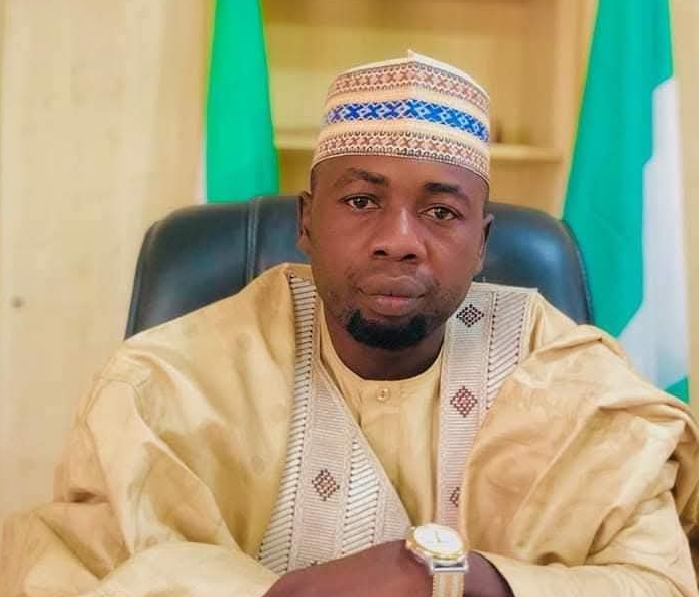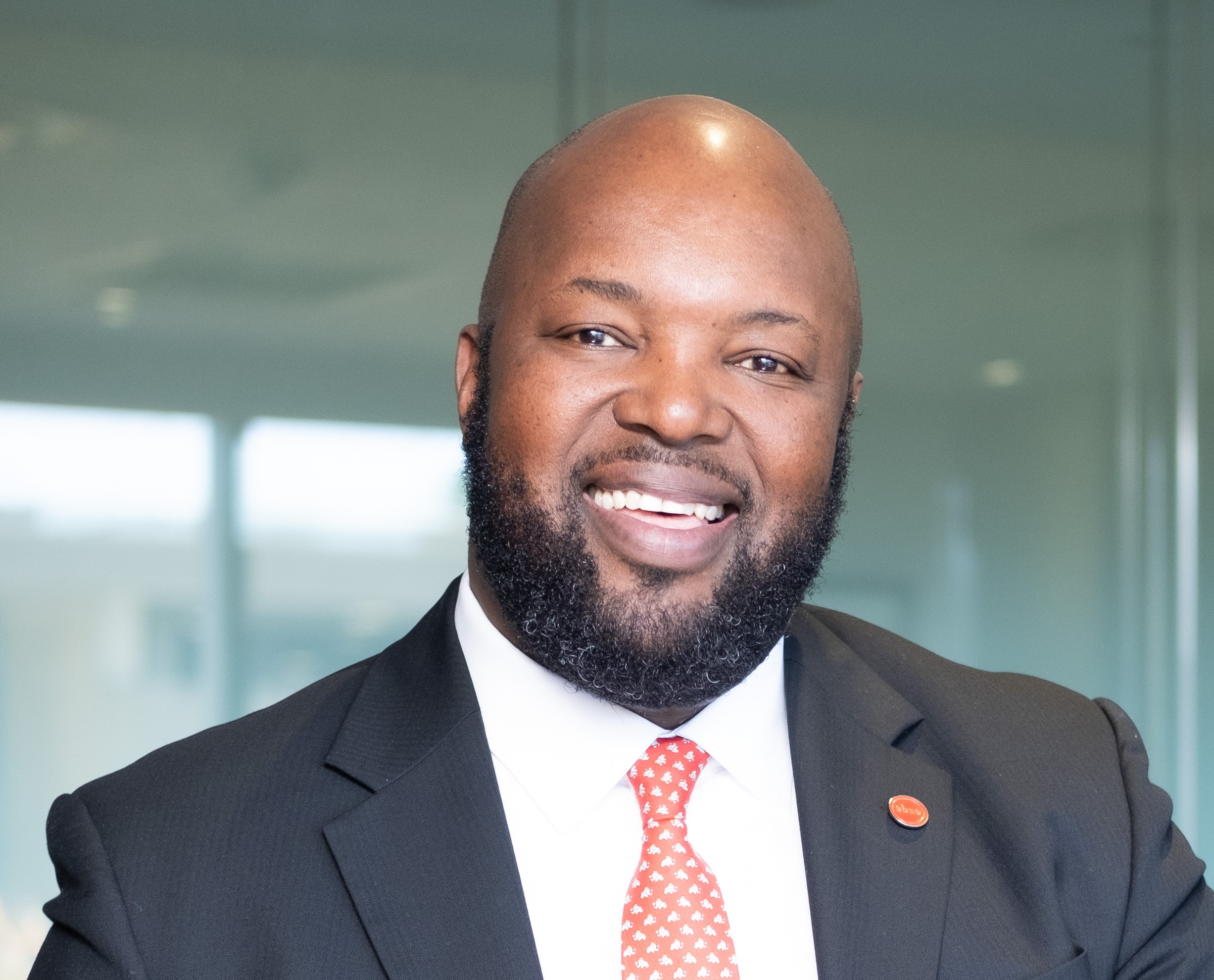
The Nigerian government has forged key partnerships to accelerate the growth of its creative and tourism sectors, aiming to significantly boost the nation’s economy.
Minister of Arts, Culture, Tourism, and Creative Economy, Hannatu Musawa, made the announcement in Abuja, emphasizing that these collaborations align with President Bola Ahmed Tinubu’s vision of transforming Nigeria into a $1 trillion economy.
The initiative includes strategic partnerships with Afreximbank, Wakanow, Boston Consulting Group, and other stakeholders, leveraging substantial investments to strengthen Nigeria’s cultural and creative industries.
One of the major highlights is a $200 million funding facility from Afreximbank, designed to provide financial support for businesses within the creative and tourism sectors.
Additionally, digital financing programs and tax incentives are being introduced to stimulate innovation and investment.
“The creative and tourism sectors have the potential to be game-changers for Nigeria’s economic diversification,” Musawa stated. “Through these partnerships, we are ensuring that our creative talents and cultural assets receive the global recognition and financial support they deserve.”
The ministry is also exploring international agreements to expand Nigeria’s global creative footprint, positioning the country as a key player in the global arts and culture landscape.
By fostering an enabling environment for investment, the government aims to drive job creation, increase tourism revenue, and showcase Nigeria’s rich heritage to the world.
Industry experts have welcomed the initiative, noting that Nigeria’s entertainment and tourism sectors already contribute significantly to the GDP.
With enhanced funding, digital innovations, and favorable policies, stakeholders believe the country is poised to become a leading hub for arts, culture, and tourism in Africa and beyond.
This initiative represents a strategic move to harness the full potential of Nigeria’s creative economy, paving the way for sustainable economic growth and global recognition of the country’s cultural wealth.







